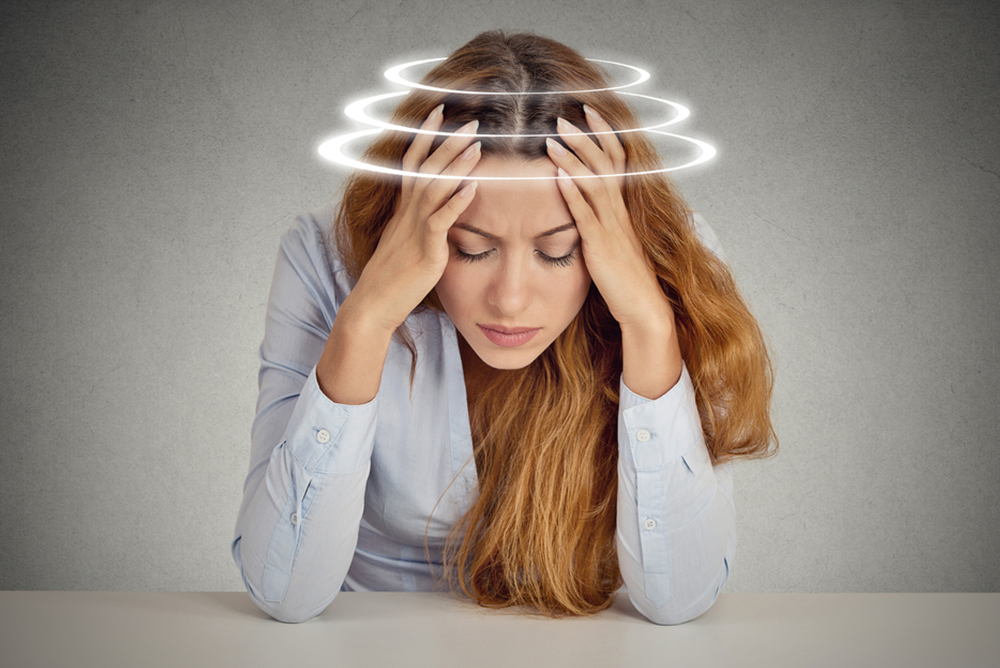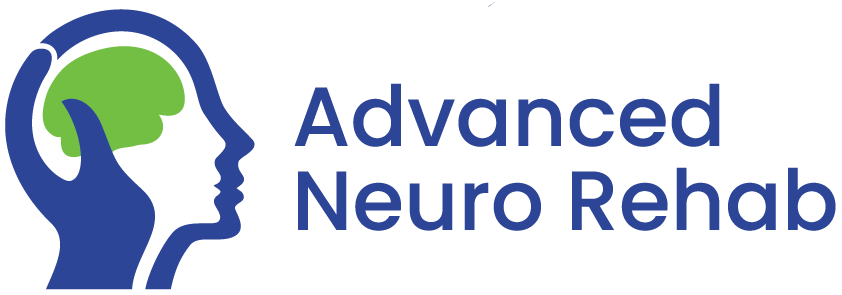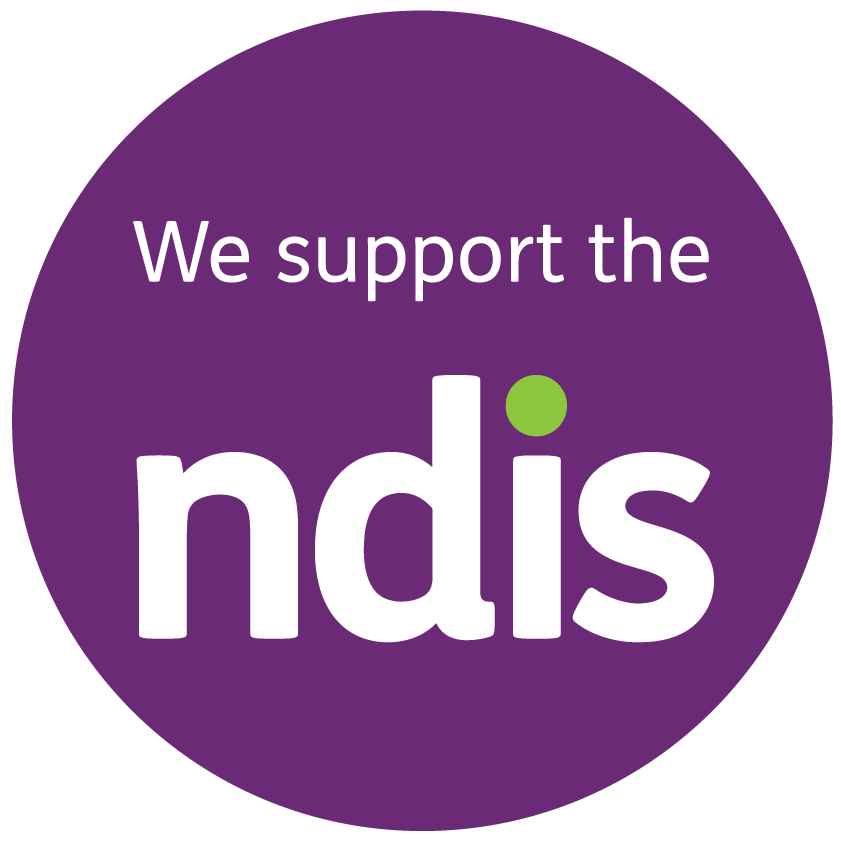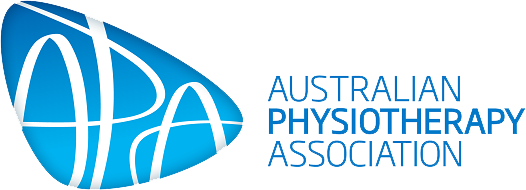
Vestibular Physiotherapy
Dizziness
Dizziness can be a scary experience. Is there something serious causing it? Will it ever get better? How will I be able to work if it doesn’t improve?
These are all common thoughts for people that experience dizziness; but the good news is; dizziness can usually be explained and resolved with specially trained physiotherapists.
So let’s start with what dizziness is…
Dizziness is a common term used to describe a larger group of symptoms such as:
- Vertigo
- Spinning
- Feeling unbalanced
- Unsteadiness
- Light headed
- Motion sensitivity
- Floating feeling
- Difficulty focusing
- Feeling of detachment from your body
- A feeling of ‘Brain Fog’
- A feeling of ‘brain sloshing inside your skull’
- A feeling like ‘my head is in a fishbowl’
- Nausea
- Neck pain or headaches
- Dizzy when lying down or roll over in bed
- Dizziness when standing up
- Dizzy when put your head down and when looking up
- Feeling anxious in busy environments
Often it is difficult to put some of these symptoms into words because everybody’s dizziness is unique to them!
The history and pattern of your symptoms can be extremely significant; it can indicate what is the likely cause your of problems and how we can best manage it. Some of the most common causes of dizziness are conditions such as;
- Benign Paroxysmal Positional Vertigo (BPPV)
- Vestibular Neuronitis / Neuritis
- Labyrinthitis
- Vestibular Migraine / Migraine Associated Vertigo
The onset of dizziness can vary. Sometimes it may come on suddenly and violently as a ‘vertigo attack’ , or slowly over time, after an illness, or following a concussion or neck / whiplash injury. Sudden severe dizziness does warrant urgent medical assessment, as it can sometimes be a sign of something serious such as a stroke that requires urgent treatment. An assessment at the hospital emergency department will determine if your type if dizziness is caused by a stroke or any other disorders of the central nervous system. If you have been cleared by the hospital doctors you may still need some help if your dizziness persists.
How can dizziness impact your life?
You may have experienced dizziness for the first time recently or maybe it’s been going on for months or even years. You may only experience episodes when you get out of bed in the morning; or have a constant heaviness feeling in your head. The point is that dizziness is completely individualised and can range from severe to mild, however these invisible symptoms can all have a huge impact on your life.
As previously mentioned; Dizziness is so varied but the symptoms can be consequently detrimental to your daily routine and effect your life enormously!
You may have lost confidence with balance, walking, sport or driving and subsequently not exercising or walking as much? You may have reduced your work hours, your work performance may be impacted and you’re sick leave is running out. We know that dizziness significantly increases the risk of falls in older adults, which can have very serious consequences.
Feelings of anxiety & depression are very common which can further impact on your life. You may avoid crowded places, supermarkets or shopping malls, consequently impacting on your relationships with friends and family. These examples may just show how your symptoms can have a flow on effect. They can quickly snowball from what seems a small issue to actually significantly affecting many domains in your life such as work, relationships, physical and mental wellbeing.
Naturally, dizziness is surrounded by fear, anxiety and what “ifs”? But what IF we told you we could be the people to help?
So how can Neurological Physiotherapy help you?
We follow best practice guidelines which recommends that most people with dizziness should access specialised Vestibular Rehabilitation .This is exactly where Neurological physiotherapists can help you out. Dizziness can often be treated very successfully and often very quickly. For example, the most common form of dizziness is BPPV, which can be fixed very quickly by trained physiotherapists. We know this is important because you want to return to doing those things you love!
At Advanced Neuro Rehab we specialise in all things dizzy. We start with a thorough assessment and work with you along the entire journey including treatment, prescription of exercises and referrals to relevant health professionals if required. Our staff have extensive experience in successfully treating dizziness and balance. We have been involved in training other physiotherapists in this field all over the world, as well as direct involvement in important research. We will also give you support, reassurance and control over your condition. We can show you how to treat vertigo with tailor made home exercises.
Dizziness and vertigo is now finally being recognised as being treatable within medical practice. However, many health professionals are still unaware of the effectiveness of Vestibular Physiotherapy interventions and may not immediately think to refer for further assessment and management. This is why a collaborative approach is preferred, where Vestibular Physiotherapists can communicate with other health providers involved in your care to ensure the best outcome for your recovery! Even if you have experienced vertigo for years or even decades, and been told there is no treatment, you should still be reviewed and assessed. Neurological Physiotherapists understand the importance of a second opinion, as so often it changes people’s lives for the better!
At Advanced Neuro Rehab education is key, and would love to answer your questions and help you on your road to recovery! We are more than happy to explain the likely cause of your dizziness in a way that makes sense, and we can also report our findings to any relevant health professional such as your GP and medical specialist.
Research
McLoughlin J, Barr C, Srurnieks D, Lord S and Crotty M. Older fallers with self-reported dizziness have higher levels of anxiety and depression and adopt a stiffening strategy when exposed to optokinetic stimuli. Journal of aging research and clinical practice 2, 148–151 (2013).
Hillier, S. L. & McDonnell, M. Vestibular rehabilitation for unilateral peripheral vestibular dysfunction. Cochrane Database Syst. Rev. 2, (2011).
Cohen, H. S. et al. International guidelines for education in vestibular rehabilitation therapy. J. Vestib. Res. 21, 243–250 (2011).
Dunlap, P. M., Khoja, S. S., Whitney, S. L. & Freburger, J. K. Assessment of Physician Adherence to Guidelines for the Diagnosis and Treatment of Benign Paroxysmal Positional Vertigo in Ambulatory Care Settings. JAMA Otolaryngol. Head Neck Surg. (2018). doi:10.1001/jamaoto.2018.1859






